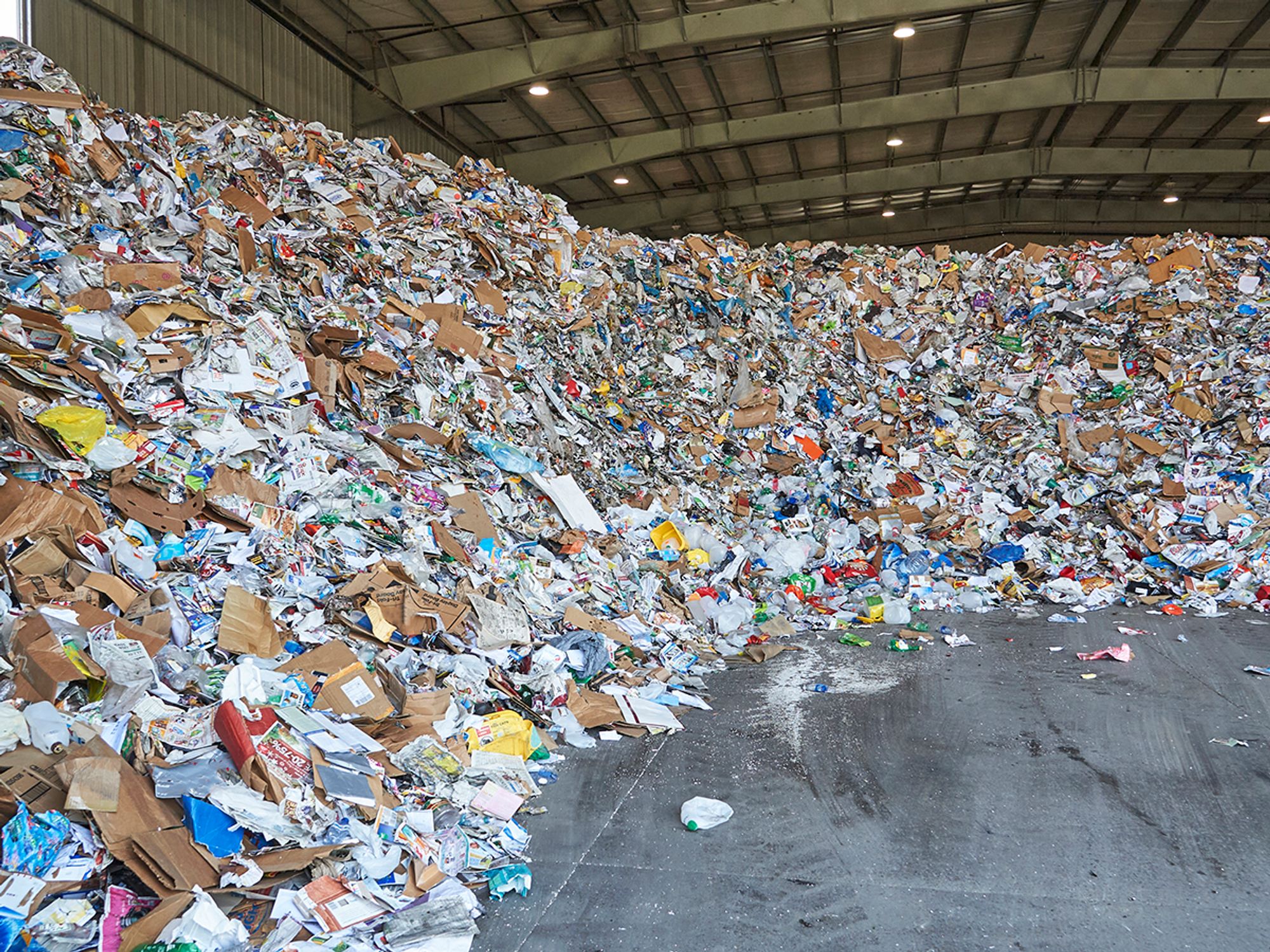Environmental waste

Every business must deal with waste, whether it’s solid waste, used batteries and lamps, or waste that has hazardous constituents. A company needs to know how to dispose of waste in the most efficient, cost effective, safe, and environmentally friendly way.
Most states are authorized to run their own solid and hazardous waste programs, so a company needs to be aware of state (and often local) waste regulations. Hazardous waste laws are enforced at both the federal and state level, and improper or negligent hazardous waste mismanagement can result in civil and/or criminal penalties. The Resource Conservation and Recovery Act (RCRA) is the United States’ federal solid and hazardous waste law.
Generally speaking, the more toxic the substance the company is managing (and the more of it the business has), the more it’s going to cost in time, effort, and money to dispose of it properly. But it’s important to manage waste correctly, not only because conservation of resources is the right thing to do, but also because waste mismanagement can have severe legal and monetary consequences. Hazardous waste civil penalties are steep, running into the tens of thousands per violation per day, which can add up very fast.
Remember that hazardous waste is regulated from “cradle to grave,” meaning from the moment it is generated until its ultimate disposal (and sometimes beyond, in the case of mismanaged waste). While there’s a lot to know about proper solid and hazardous waste management and disposal, it all boils down to correctly identifying waste streams and working to minimize the impact on the environment.
